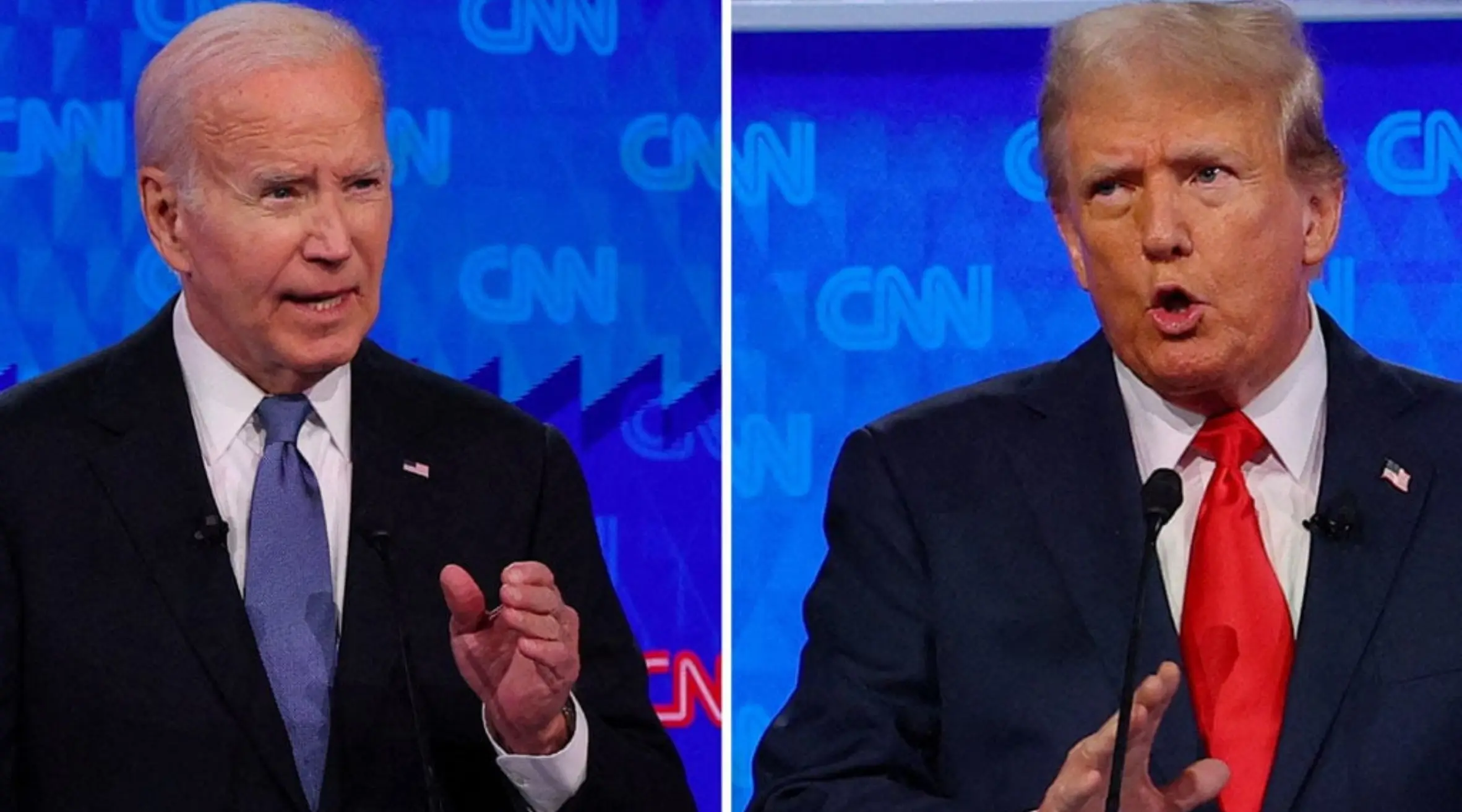USA (Transatlantic Today) – The first US presidential debate of the 2024 race barely touched on foreign policy, but the event left America’s allies preparing for the possible return of Donald Trump. His previous skepticism towards NATO has heightened concerns, especially with Russia’s war in Ukraine impacting the alliance.
Biden’s Debate Performance Raises Questions
According to Jpost, analysts noted that President Joe Biden’s uneven debate performance has allies on edge. Despite hopes from Biden’s supporters that the debate would dispel concerns about his age, many believe the event strengthened Trump’s chances. Kunihiko Miyake, a former Japanese diplomat, remarked that while Trump didn’t win the debate, Biden’s performance might have weakened his position.
Japan and South Korea on Alert
Japan and South Korea, key US allies in Asia, consider Trump’s previous demands for increased military spending and trade tensions as fresh concerns. Takashi Kawakami from Takushoku University highlighted Japan’s worries about whether Trump would uphold the security alliance. In Seoul, Peter Lee from the Asan Institute for Policy Studies noted that Trump’s potential return could mean increased pressure on allies to boost defense spending.
Economic Concerns Over Potential Trade Wars
Trump’s past tariff wars, especially with China, are causing anxiety among overseas firms reliant on US markets. Lee Jae-il of Eugene Investment & Securities warned that companies, particularly automakers, are wary of Trump’s return due to his aggressive trade policies. Stephen Lee of Meritz Securities added that Trump might target other countries with tariffs, invoking American exceptionalism.
European Allies’ Unease Over NATO and Ukraine
During his previous term, Trump’s critical stance on NATO and demands for higher contributions from member countries were dominant issues In Europe. The continued conflict in Ukraine and this distrust make European allies even more anxious. In the debate, Trump charged that Biden had not stood up to China and implied that world leaders such as Vladimir Putin, Xi Jinping, and Kim Jong Un did not respect Biden. He threatened a third world war as a result of Biden’s policies.
Australian Officials and Experts React
In Australia, officials and experts gathered in Sydney for a workshop titled “Trump 2.0” as the debate aired. Peter Dean from the United States Studies Centre observed a significant shift in sentiment, with many attendees now considering preparations for a potential second Trump administration as a prudent move.
UK’s Keir Starmer Weighs In
Keir Starmer, leader of Britain’s Labour Party and frontrunner in an upcoming election, commented on the debate during a BBC radio interview. While focused on his campaign, Starmer stressed the enduring strength of the UK-US relationship, suggesting it transcends individual leaders.
Implications for Global Relations
The debate has left global allies bracing for various scenarios, with many preparing for the potential policy shifts that could accompany a Trump return to the White House. The next steps in the presidential race will be closely watched by international observers, mindful of the significant impacts on global stability and alliances.


























